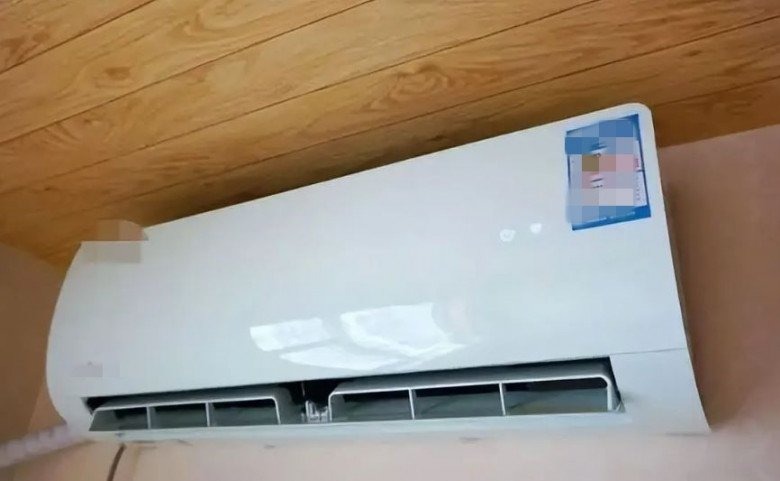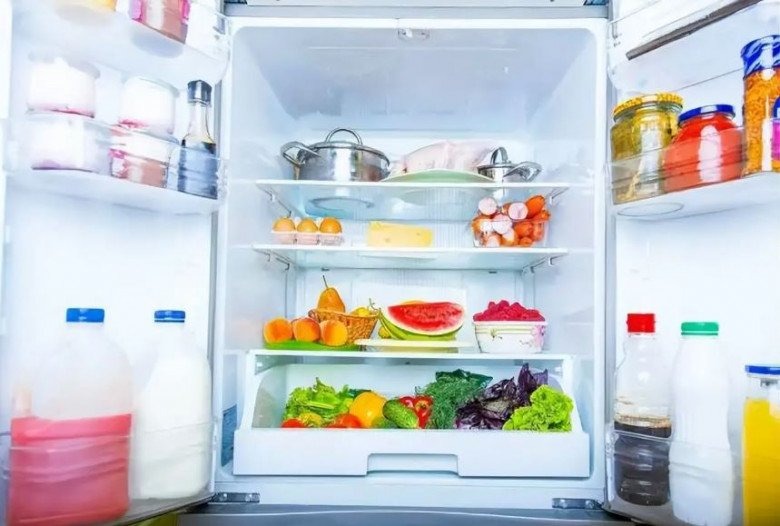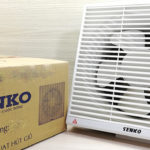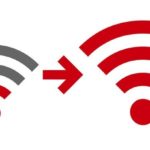Set-top Box
A set-top box is a device that decodes television signals, transmitting video and audio from the signal source to your TV screen. It acts as an intermediary between the signal source and your television.
When we watch TV, we often just turn off the TV with the remote control, but in reality, both the TV and the set-top box remain on standby. Leaving the set-top box on can consume a significant amount of electricity, sometimes even more than an air conditioner. To save energy, we should get into the habit of turning off both the TV and the set-top box when not in use.
Air Conditioner
The air conditioner is one of the biggest electricity consumers in the home. Every summer, electricity bills tend to rise significantly due to continuous AC usage.
While air conditioning is essential for a comfortable living environment during the hot season, you can save energy by opting for an inverter AC and adjusting the power according to the room size. Additionally, avoid frequently turning the AC on and off, and always keep doors closed when the AC is running. When turning it off, unplug the device or turn it off at the wall instead of just pressing the OFF button on the remote.

Air conditioners are one of the biggest electricity consumers in the home.
Television
When you turn off your TV using the power button, the indicator light remains on, indicating that the TV is in standby mode. In this state, the TV consumes around 0.2 watts (W), contributing to the overall increase in electricity consumption in the household.
To save energy, unplug the TV after use instead of just pressing the OFF button on the remote. This helps reduce unnecessary power consumption.
Refrigerator
Refrigerators are actually energy-efficient. In standby mode, their power consumption is very low, and when cooling, it only consumes around 65-100 W, so the hourly electricity consumption is not significant.
Although refrigerators run continuously, the compressor doesn’t work non-stop, so the actual power consumption is not that high. To optimize its use and save energy, avoid opening the fridge too frequently, don’t put hot food inside, adjust the temperature according to the food load and ambient temperature, and maintain the appliance regularly.

Refrigerators are energy-efficient appliances.
Router
Routers consume a significant amount of electricity. Since the installation of WiFi, routers tend to run 24/7 and are rarely turned off. Even though their power consumption is not high, the continuous daily usage adds up.
To save energy, consider turning off your router once a week for about 30 minutes. This not only saves electricity but also gives the device a rest, prolonging its lifespan and maintaining stable internet speeds.





































